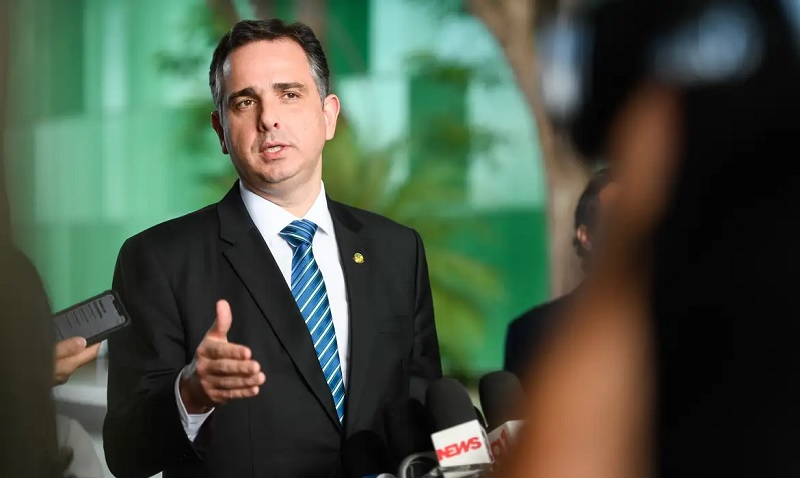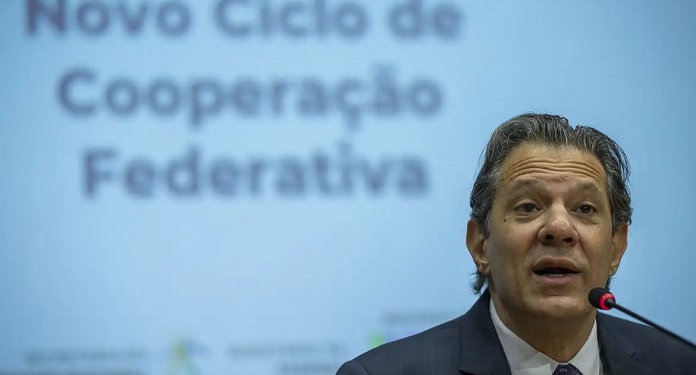On October 27th of this year, the Ministry of Finance published Normative Ordinance MF nº 1330/2023 in which it granted a period of 30 days for companies interested in requesting authorization for fixed-odd betting in Brazil to present a prior, non-binding expression of interest , accompanied by documents.
In this period of time, 134 companies presented a prior expression of interest.
According to Francisco Manssur, special advisor to the Executive Secretariat, this significant number of requests “represents the result of constant dialogue between the Ministry of Finance and all segments of this market, in the construction of safe and reliable regulation for everyone involved”.
New steps for betting authorization
Companies that submitted a prior expression of interest will have priority in authorization requests, as soon as the deadline for receiving applications and grant payments opens.
Also according to the Ministry of Finance, these groups will soon be notified to begin testing data sending in the betting management system in the final phase of development by the Federal Data Processing Service (Serpro).
Brazilian market regulation
The vote on the bill in the Senate Plenary that provides for the regulation of sports betting, also known as bets (PL 3626/2023), was postponed.
Furthermore, the proposal taxes other betting companies, which, according to critics, would pave the way for the release of so-called online casinos without supervision.
Meanwhile, those in favor of the proposal point out that the measure does not create new betting modalities, it only regulates a 2018 law.

The expectation is that a definitive date for consideration in the House Plenary will be set this week.
After all, the president of the Senate, Rodrigo Pacheco, returns from his trip to Dubai to participate in COP 28 (United Nations Conference on Climate Change).
The approval of this measure is considered a priority by the Federal Government with a view to expanding revenue sources to reach the fiscal target in 2024. The Ministry of Finance estimates that the sector could generate up to R$700 million next year.




















































